Holistic mental health is a comprehensive approach that recognizes the interconnectedness of the mind, body, and spirit, striving for psychological, emotional, and social balance. By integrating practices like mindfulness, meditation, yoga, nutrition therapy, and energy healing, it empowers individuals to address all facets of their lives for harmony and fulfillment. This method fosters self-awareness, resilience, and grace in navigating life's challenges, with a focus on understanding the mind-body connection and addressing both physical and psychological well-being. Natural remedies, ancient practices, and scientific research play key roles, enhancing mental clarity, reducing stress, and improving quality of life. Key practices include mindfulness, meditation, yoga, and nutrition, while community support and creative expression are vital components. Integrating holistic practices into daily routines promotes long-term mental health and overall well-being.
Holistic healing practices offer a comprehensive approach to well-being by addressing the interconnectedness of mind, body, and spirit. In this article, we explore various facets of holistic mental health, from understanding its foundational concepts to discovering natural remedies, mindfulness techniques, and the power of community support. Discover how yoga, nutrition, creative expression, and daily integration promote long-term mental wellness through a holistic lens.
Understanding Holistic Mental Health: A Comprehensive Approach
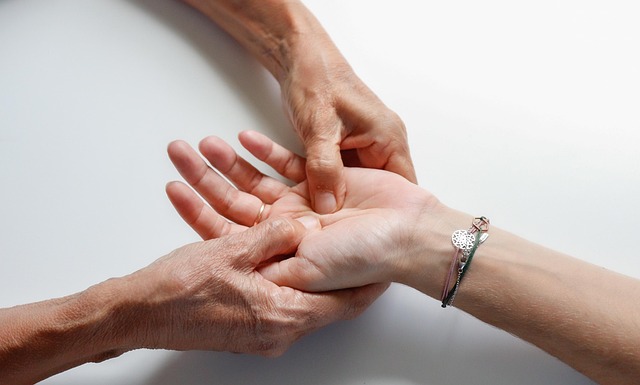
Holistic mental health is an approach that recognizes the intricate connection between our minds, bodies, and spirits. It understands that mental well-being isn’t just the absence of illness but a state of complete psychological, emotional, and social balance. This comprehensive view challenges the traditional separation of mind and body, instead emphasizing their interdependence. By addressing all aspects of an individual’s life—including physical health, emotional expression, relationships, and personal growth—holistic mental health practices aim to achieve a profound sense of harmony and fulfillment.
This approach often involves integrating various therapeutic modalities such as mindfulness, meditation, yoga, nutrition therapy, and energy healing. It encourages individuals to explore their unique inner wisdom and develop coping mechanisms tailored to their needs. By fostering self-awareness and personal responsibility, holistic mental health empowers people to navigate life’s challenges with resilience and grace, ultimately enhancing their overall quality of life.
The Mind-Body Connection: Unlocking the Foundation of Holistic Healing
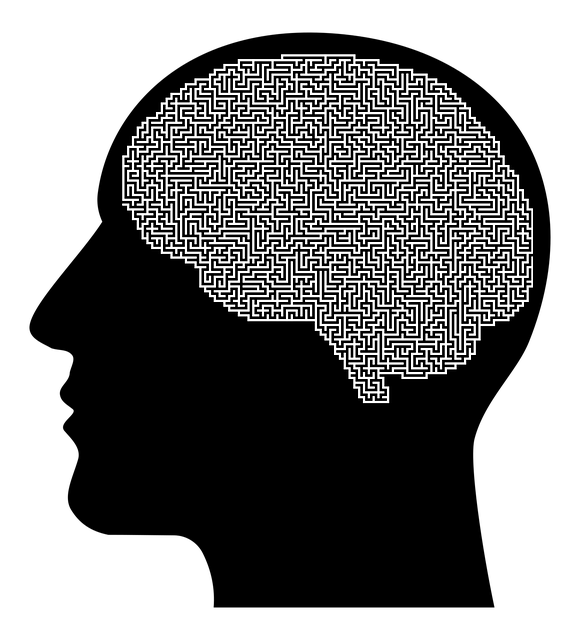
The mind-body connection is a fundamental concept in holistic healing, acknowledging that physical and mental well-being are intricately linked. In today’s fast-paced world, many people experience stress, anxiety, and various mental health issues stemming from an imbalance between their minds and bodies. Holistic mental health approaches aim to correct this imbalance by addressing both the psychological and physiological aspects of an individual’s health.
By understanding the mind-body connection, holistic practitioners believe that healing can occur on a deeper level. This involves recognizing that thoughts, emotions, and physical sensations are interconnected. For example, chronic stress or repressed emotions can manifest as physical symptoms, such as headaches, digestive issues, or even weakened immunity. On the flip side, positive mental states like joy, gratitude, and relaxation can positively impact overall health, promoting healing and vitality. Thus, holistic healing practices focus on nurturing both the mind and body to achieve true wellness.
Natural Remedies for Mental Wellbeing: Exploring Traditional Practices

In the realm of holistic mental health, natural remedies and traditional practices play a significant role in fostering well-being. These ancient techniques offer a peaceful sanctuary from the hustle and bustle of modern life, emphasizing the interconnectedness of mind, body, and spirit. Herbs, essential oils, and mindfulness practices, often overlooked in conventional medicine, have been used for centuries to balance emotions and promote mental clarity. For instance, aromatic plants like lavender and chamomile are renowned for their calming effects, helping to soothe anxiety and improve sleep quality.
Traditional practices such as yoga, meditation, and acupuncture also form the backbone of holistic healing. These activities not only enhance physical flexibility and strength but also provide a mental escape, reducing stress and promoting a sense of inner peace. Many cultures have long recognized the power of these natural remedies, and their effectiveness is supported by growing scientific evidence. Incorporating these traditional practices into daily routines can be a game-changer for those seeking to improve their holistic mental health and overall quality of life.
Mindfulness and Meditation: Cultivating Inner Peace and Balance
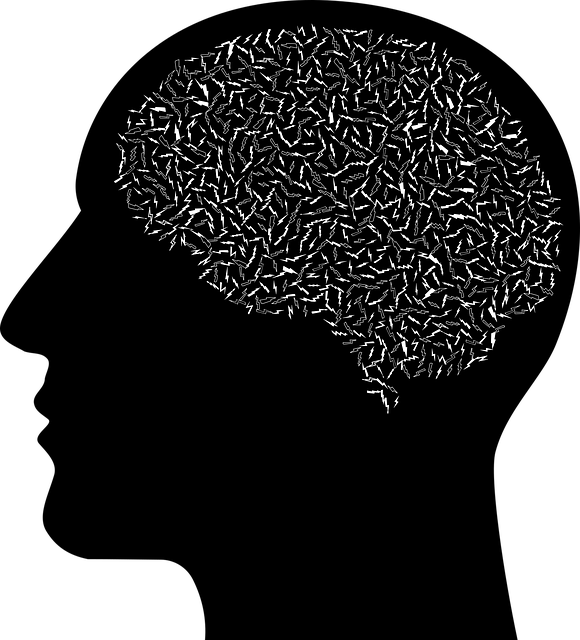
In the realm of holistic healing, mindfulness and meditation stand as powerful tools for cultivating inner peace and balance, essential aspects of holistic mental health. These ancient practices have gained modern prominence due to their ability to reduce stress, enhance focus, and promote a profound sense of calm. By taking a few moments each day to quiet the mind and tune into one’s breath, individuals can begin to untangle the complexities of their thoughts and emotions, fostering a deeper connection with themselves.
Mindfulness, at its core, encourages individuals to be fully present in the moment, observing their thoughts and feelings without judgment. Meditation, on the other hand, is a focused practice that trains the mind to concentrate and cultivates a sense of tranquility. When combined, mindfulness and meditation create a harmonious synergy, helping to still the mental chatter and reveal a clearer, more balanced perspective. This holistic approach to mental well-being has been shown to have profound effects, reducing symptoms of anxiety and depression while fostering resilience in individuals seeking to nurture their overall mental health.
Yoga and Its Impact on Mental Clarity and Stress Reduction
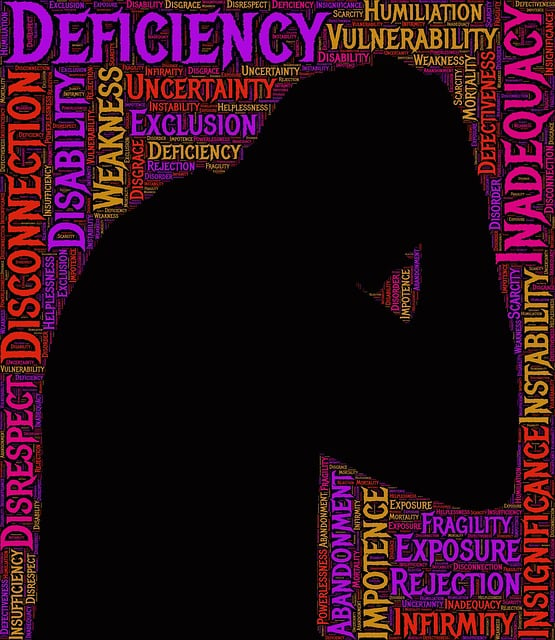
Yoga, an ancient practice deeply rooted in holistic healing, has gained immense popularity for its profound impact on both physical and mental well-being. This time-honored discipline offers a unique blend of physical postures (asanas), breathing techniques (pranayama), and mindfulness, creating a powerful synergy that promotes holistic mental health. By engaging in yoga, individuals can experience significant stress reduction and improved mental clarity.
The mind-body connection is a key aspect of yoga’s effectiveness. Through focused breathing exercises, practitioners learn to calm their minds and reduce the negative impact of stress hormones. Yoga poses encourage a sense of grounding and presence, allowing individuals to let go of anxious thoughts and foster a deeper sense of relaxation. Regular yoga practice has been shown to lower cortisol levels, often referred to as the ‘stress hormone,’ thus promoting a state of mental equilibrium and enhancing overall holistic mental health.
Nutrition and Mental Health: Fueling Your Body for Optimal Wellness
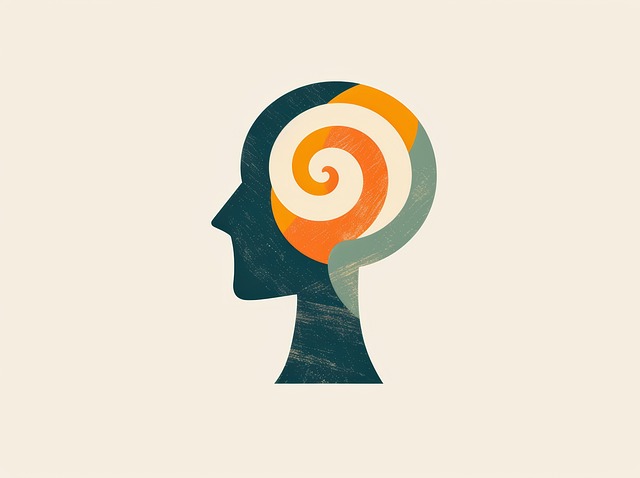
Nutrition plays a pivotal role in holistic mental health, as what we eat directly impacts our brain chemistry and emotional well-being. A balanced diet rich in whole foods, such as fruits, vegetables, lean proteins, and healthy fats, ensures your body receives essential nutrients like omega-3 fatty acids, vitamins B and D, and minerals like magnesium, all of which are crucial for optimal brain function. These macronutrients and micronutrients support the production of neurotransmitters, the chemical messengers that carry signals between neurons, influencing mood regulation, cognitive performance, and overall mental resilience.
When we prioritize whole, unprocessed foods in our diet, it promotes a sense of balance and harmony within the body, which translates to improved mental clarity, reduced anxiety, and enhanced emotional stability. Conversely, a diet high in sugar, refined carbohydrates, and unhealthy fats can lead to blood sugar spikes and crashes, affecting energy levels and contributing to mood swings and cognitive decline. By adopting a mindful approach to nutrition as part of a holistic healing practice, individuals can take a significant step towards nurturing their mental health and cultivating a deeper connection between mind, body, and spirit.
The Power of Community Support in Holistic Healing journeys

Community support plays a pivotal role in holistic healing journeys, especially for those navigating holistic mental health practices. Beyond professional care, connecting with like-minded individuals fosters a sense of belonging and understanding, which is crucial for emotional well-being. Support groups, for instance, offer a safe space to share experiences, gain insights, and learn from others’ triumphs and challenges. This collective approach enhances the overall healing process by providing a network of encouragement and accountability.
In holistic healing, community support acts as a powerful catalyst for personal growth. It encourages open dialogue, promotes self-acceptance, and enables individuals to challenge societal norms or stigma surrounding mental health. Through shared stories and experiences, members can find validation, reduce feelings of isolation, and gain new perspectives that enrich their holistic mental health journey.
Creative Expression as a Therapeutic Tool: Art, Music, and Writing

Creative expression is a powerful tool within holistic mental health practices, offering individuals a unique and often non-verbal means to explore their emotions and experiences. Art therapy, music therapy, and writing prompts provide safe spaces for self-expression, fostering emotional release and personal growth. Through these mediums, people can convey complex feelings, process trauma, and gain new perspectives on their well-being.
For instance, painting or sculpting allows individuals to externalize their internal world, while music offers a way to rhythmically express and understand emotions. Writing, too, serves as a therapeutic outlet, encouraging introspection and the exploration of personal narratives. These creative practices can enhance traditional therapy sessions, complementing talk therapy and providing an integrated approach to holistic mental health care.
Integrating Holistic Practices into Daily Life for Long-Term Mental Health
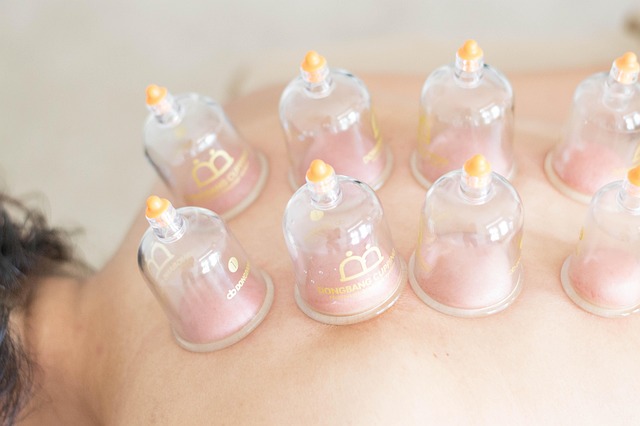
Integrating holistic practices into daily routines can significantly contribute to long-term mental health and overall well-being. This involves adopting a multifaceted approach that extends beyond conventional treatments. By incorporating activities such as mindfulness meditation, yoga, regular exercise, and nutritious diet, individuals can create a sense of balance and harmony within themselves. These practices not only reduce stress and anxiety but also enhance emotional resilience, fostering a deeper connection with one’s inner self.
Holistic mental health encourages a comprehensive view of well-being, recognizing the interplay between physical, emotional, and spiritual aspects. For instance, spending time in nature, engaging in creative pursuits, or practicing gratitude can all contribute to a healthier mindset. Such practices offer sustainable coping mechanisms, enabling individuals to navigate life’s challenges with greater equanimity and a renewed sense of purpose.
